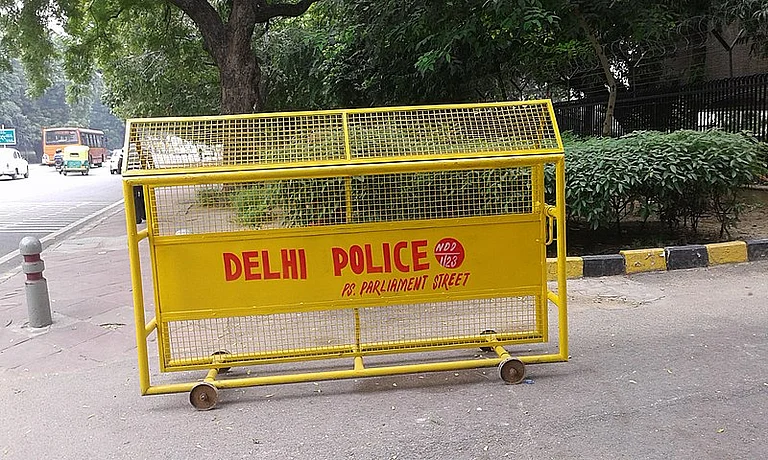RAISA Gorbachev is no more. After a prolonged and difficult struggle against leukemia, she drew her last breath on foreign soil.
Rejected by Russia in her life, her body was brought in a special plane, sent by President Boris Yeltsin, to Moscow and buried in the prestigious Novodevichye cemetery.
Hundreds of Muscovites turned up at the Russia Cultural Foundation at Gogolevsky Bulvar, to pay their last homage to the lady who diligently headed this institution once.
Thousands of messages from ordinary citizens, innumerable letters, telegrams and faxes are constantly pouring into the Gorbachev Foundation. Political observers are baffled by such a stupendous sympathy wave for Gorbachevs.
It is surely a great blow for Mikhail Gorbachev to lose his life companion who was with him through thick and thin. Besides being a loyal wife, she was his friend, philosopher and guide all these years. His true soul-mate—beautiful, bright, passionate, intelligent, understanding—she cleared the thorns from under his feet and made life's journey a fruitful experience for him. Interacting with Barbara Bush, Margaret Thatcher, Nancy Reagan and meeting a number of distinguished women at the World Congress for Women in 1987, she had already won goodwill for herself and her husband in the western world. No wonder, this couple got a warm welcome from the West and were highly respected and greatly admired all over the world.
Self-reliant, frank, open-hearted, efficient and forward-looking, this Soviet First Lady seemed a sudden contrast to the age-old image of a Russian leader's wife. Women, though, were her fiercest critics. Even when she received 'The Woman of the Year' Award for her intellectual work from Women's Own, a British Journal, in 1987, she did not win goodwill of Russian women. In 1990, when I was in Moscow on a short visit, I could feel the mild wave of resentment against her. It was strange for me to see a large crowd complaining to her about the wrong opening hours of a monastery as soon as we stepped out from there.
Today, they realise her contribution to the country. Slim, sleek, well-dressed, self-reliant like Indira Gandhi in India, she set a new trend in the traditional society. I remember when I first visited Mrs Gromyko in 1976, she loaded my hand-bag with chocolates advising me to put on more weight to cope with the harsh and excruciatingly cold Russian winter. Raisa exploded this myth. During my recent visit to Moscow, I saw with my own eyes the miracle she had performed in setting a new trend among Russian women. A lover of nature, a crusader for peace, a friend of humanity, sharing all these qualities with her illustrious husband, she made her land proud of the Gorbachev couple.
The greatest homage paid to her at this dismal hour is, "Gone is the woman who has raised up the image of Motherland not only in Russia and the USSR, but in the eyes of the entire world," by Izvestia, a newspaper published from Moscow.
In this hour of grief when the whole world shares the sorrow of Mikhail Gorbachev, he has to remember the words of his better half: "I know one thing, you cannot be happy if you are alone—if nobody needs you." The spontaneous messages of love and sympathy to the bereaved spouse proves how he is needed by his countrymen.
Cheer up, Comrade Gorbachev! Raisa has left you her posthumous award—immense and effusive goodwill of the Russian People.
(Shiela Gujral is the wife of former prime minister Inder Kumar Gujral)

























